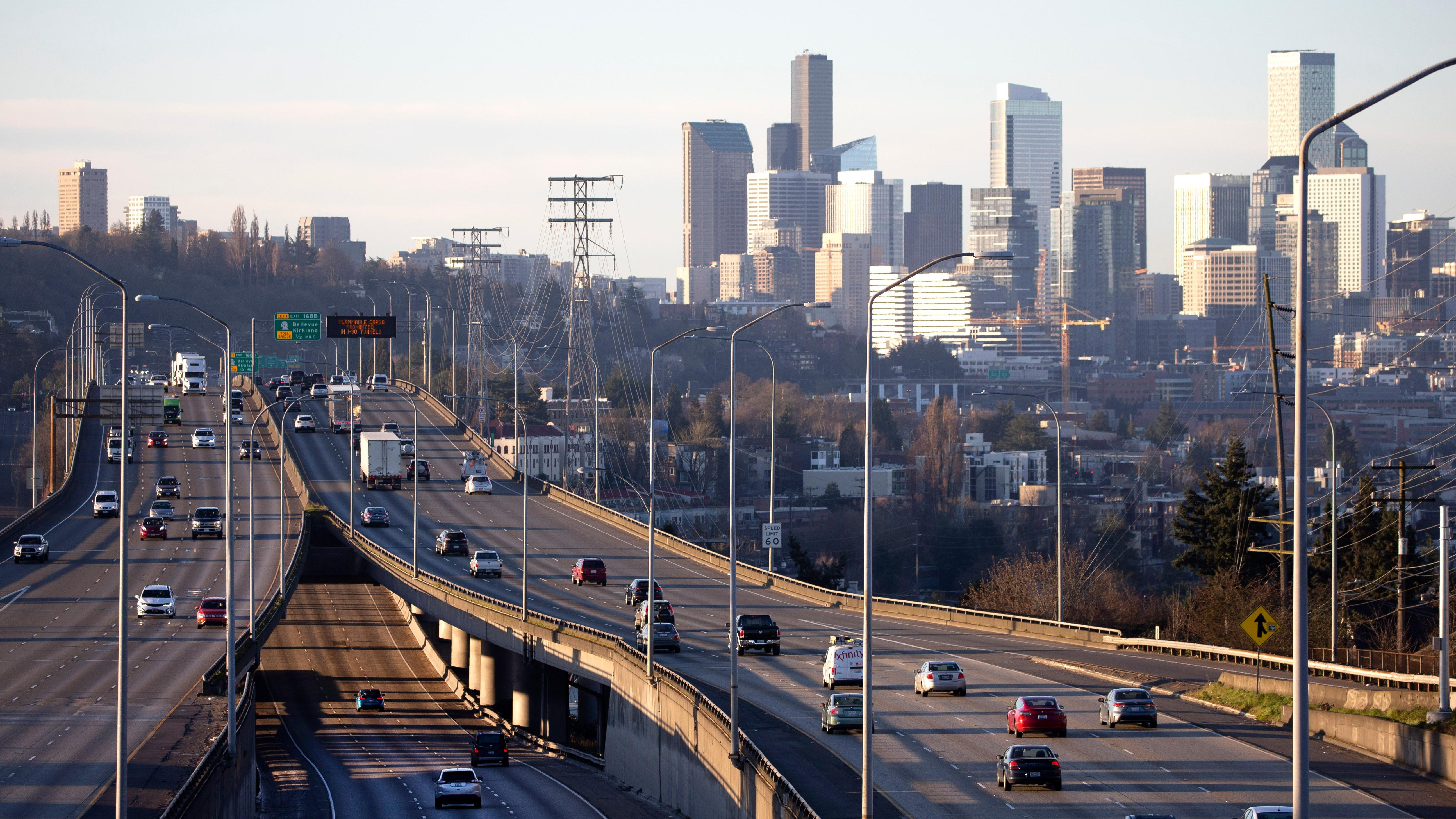New Proposal In Washington Would Have Drivers Paying For Every Mile They're On The Road
The pay-per-mile system would end up hurting drivers of fuel-efficient cars, and rewarding those with gas guzzlers.
Washington State is mulling over ideas to make up for the fact that electric vehicles do not have to pay into the state's gas tax because – you know – they don't use gas. Currently, the gas tax costs drivers 49.4 cents per gallon, but according to KIMA Action News, a new proposal will do away with that in favor of a pay-per-mile system that'll cost two and a half cents per mile driven.
It's a similar system to one proposed in Georgia. The outlet says that Americans drive about 13,500 miles per year on average. So, under the new proposal, they would be paying about $337 per year. That may sound like a lot, but you've got to remember there wouldn't be a gas tax anymore. For reference, you'd need to buy about 343 gallons of gasoline to hit that same number.
At this point, you're probably thinking this sort of screws drivers with fuel-efficient cars, and you'd be right. Washington State officials have reportedly admitted as much. However, on the flip side, people who drive gas guzzlers will end up more than likely paying less, which wouldn't exactly be fair either
"So road charging essentially equalizes that, but kinda lessens the playing field for everybody," Reema Griffith, Washing State Transportation Commission executive director, told KIMA Action News.
According to the outlet, under the current plan, the road usage (pay-per-mile) system would start out as an option. However, by 2030 it'll reportedly be a statewide requirement.
I'm not totally sold on this proposed system being completely fair – especially since it seems to hurt people who already own fuel-efficient vehicles and reward those who have gas guzzlers. A bummer for folks who decided not to buy a ridiculously thirsty vehicle, in a country trying to push people to literally greener pastures.
